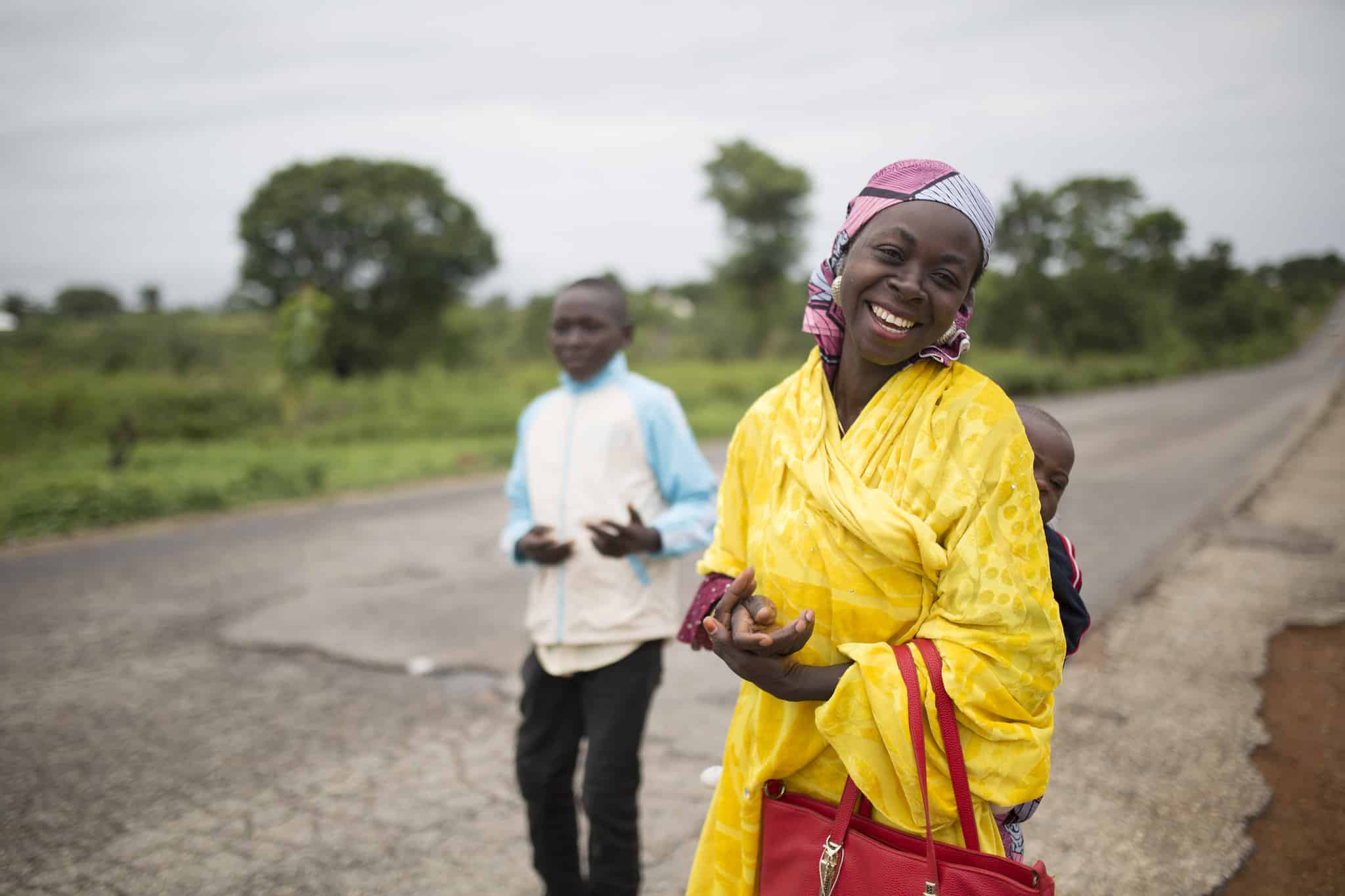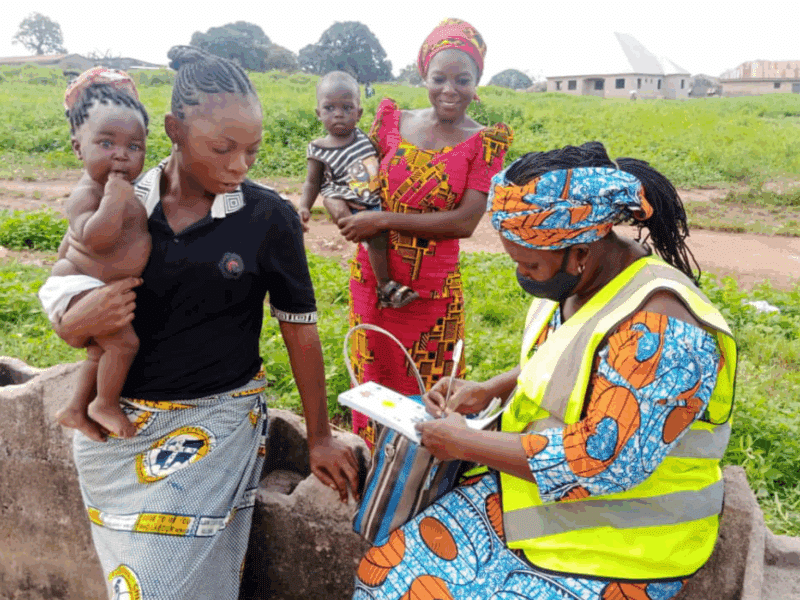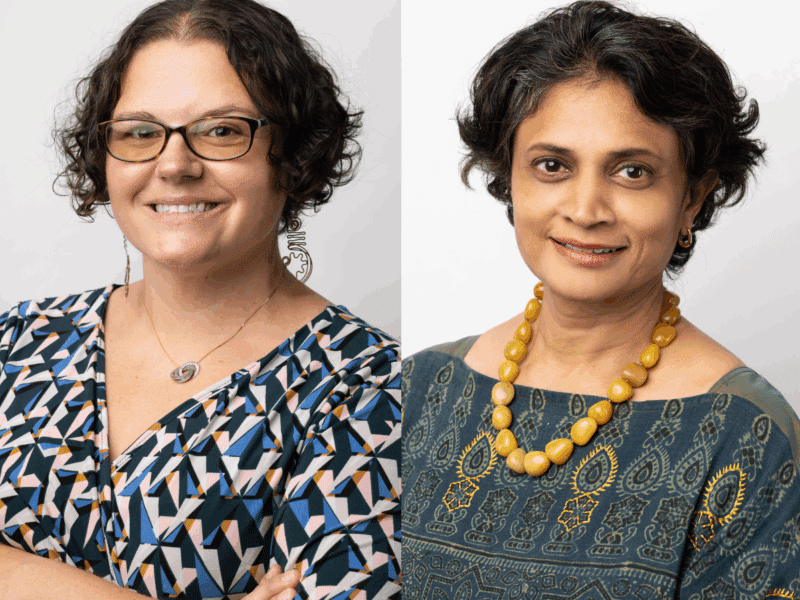As social and behavior change researchers and practitioners, we believe that to reduce health inequities in access to family planning programs and services globally, a critical examination of power, as a significant driver of agenda setting, decision making, and resource distribution, is necessary.
Power is directly linked to structural inequities — the systemic disadvantages one group experiences compared to other groups. Structural inequities shape how we experience the environmental conditions that affect our ability to reach our full potential for health and well-being. These conditions are referred to as social determinants of health, or SDH. For example, people in wealthier environments benefit disproportionately from global health programs and services, while socioeconomically disadvantaged groups typically remain without access to quality health information, services, and products, including family planning.
The field of social and behavior change, or SBC, has a unique role to play in deepening awareness and understanding of power and the relationship between structural inequities, SDH, and family planning access and use. Moreover, it has a responsibility to be more intentional about promoting and advancing equity in programs and services globally. This means advocating to employ SBC approaches to design and implement programs and services that address these intertwined relationships to reduce health inequities. …
For the complete commentary, please visit Devex.com, where “Opinion: Achieving family planning equity starts with a power analysis” was originally published.
Danette Wilkins is a program officer with the Johns Hopkins Center for Communication Programs and a member of the sexual and reproductive health core team for Breakthrough ACTION, USAID’s flagship social and behavior change program.
Dr. Sara Jewett (Nieuwoudt) coordinates the Social and Behaviour Change Communication, or SBCC, Division at the University of the Witwatersrand’s School of Public Health in South Africa.





